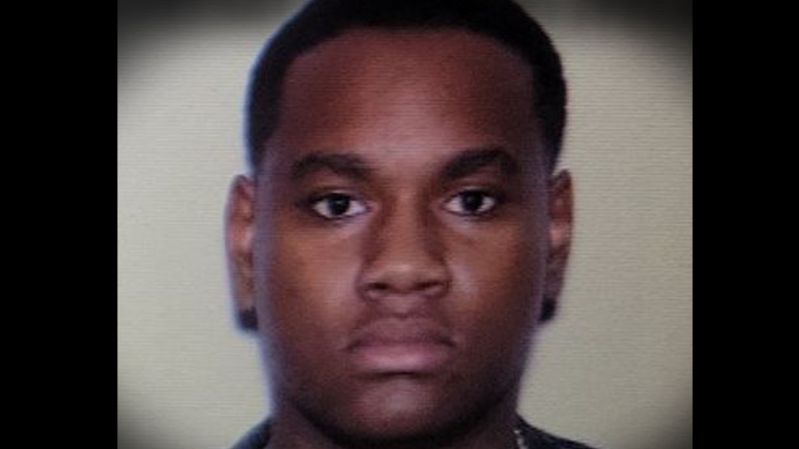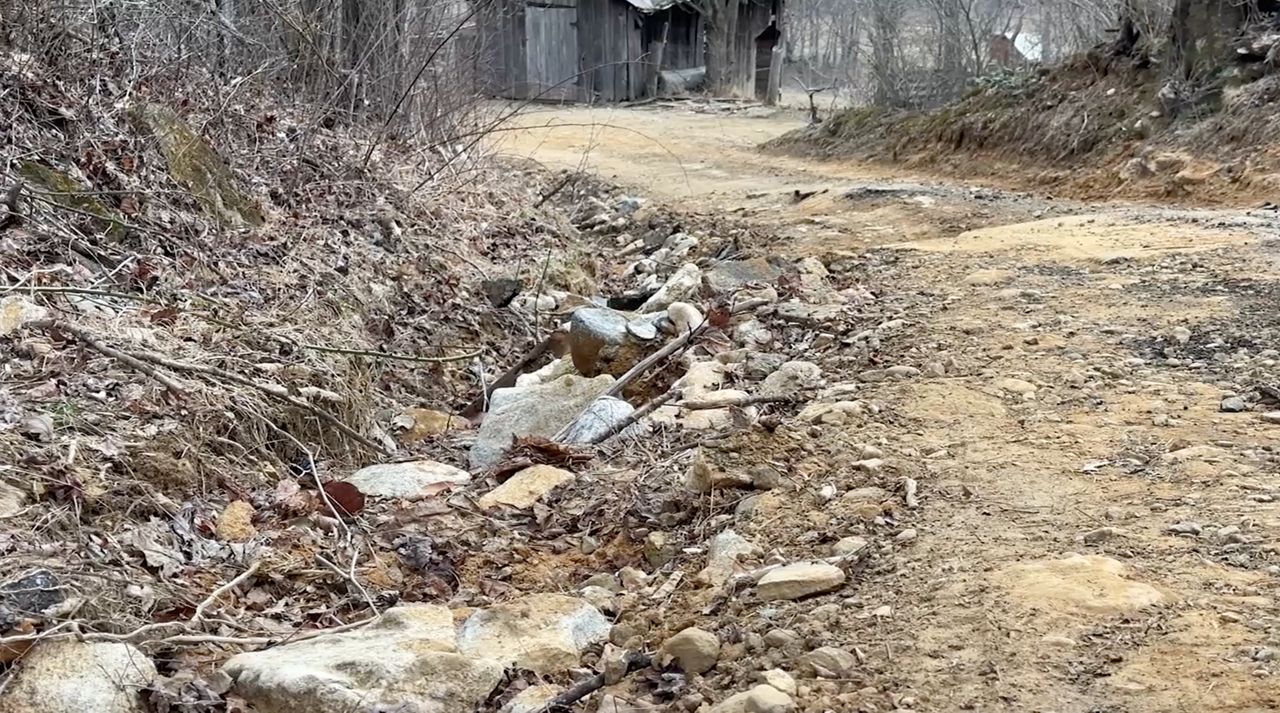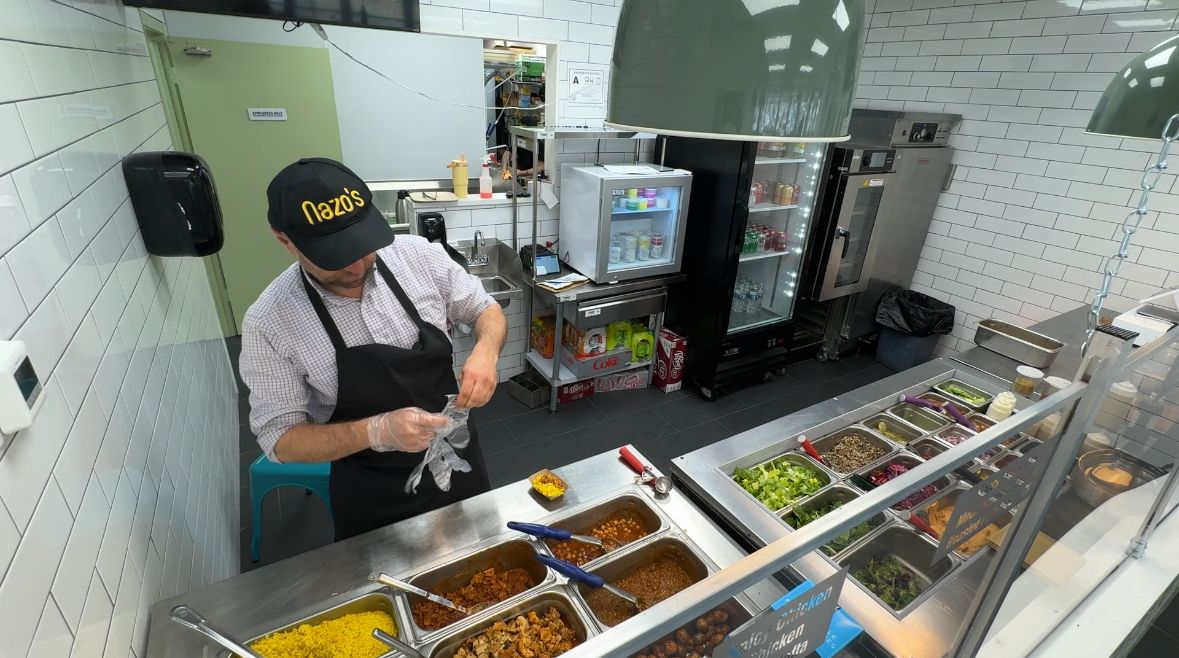CHARLOTTE, N.C. — A Charlotte plastic surgeon is warning about the risks of traveling for cosmetic surgery after four Americans on a trip to Mexico for a tummy tuck recently became kidnapping victims. Two of the Americans died.
The abduction at gunpoint appears to be a case of mistaken identity. Two of the kidnapping victims died, and from the two survivors, one of them was injured.
They traveled to Matamoros, a city located in Tamaulipas, which is an area the State Department issued a do not travel advisory for due to risks of crime and kidnapping.
The deadly road trip is also shining light on medical tourism, which is when people travel abroad for medical care. According to the Centers for Disease Control and Prevention, millions of Americans travel to other countries for procedures, ranging from dental care to cosmetic surgery.
Board Certified Plastic Surgeon Dr. Theodore Nyame reacted to the news of the kidnapping on his Instagram account Tuesday. Nyame, who has 17,500 followers, posted a video of the risks of having cosmetic surgery abroad.
“It touched me to think that as a result of seeking cosmetic surgery outside the country for a lower price point, two people lost their lives, and two others could have lost their lives,” Nyame said.
Nyame works at Charlotte Plastic Surgery and specializes in cosmetic surgery.
“About 70% of my practice deals with mothers who are trying to restore their bodies after pregnancy,” Nyame said.
He said tummy tuck with liposuction is the surgery he performs most often.
With more people seeking lower prices or access to procedures not available or approved in the U.S., Nyame says he has concerns about the rising number of people seeking cosmetic surgery abroad.
“I think people are aware of the benefits of cosmetic surgery when it comes to their own confidence and their own self-esteem and in order to seek that, people are willing to pay a lower price by compromising certain things that I think are indispensable in the standard of care we deliver in our American system,” Nyame said.
According to Nyame, when he performs surgeries, he invests the time needed to provide the best result possible.
“For me, my work and the quality of the work speaks volumes,” Nyame said.
He doesn’t recommend going abroad for cosmetic surgery, which he said is a sentiment shared by many plastic surgeons in the U.S.
“We’ve put out several messages. We have been unable to stop people from seeking discounted, cheap and sometimes unsafe cosmetic surgery abroad so now the message is not 'don’t go abroad,' even though that should be the primary message. The message is 'if you choose to go abroad, be aware of your surroundings, be safe, prioritize your safety,'” Nyame said.
He advises having the medical facility schedule transportation for you from and to your hotel. In addition, he emphasizes researching in advance before traveling overseas for medical tourism.
“There’s so many things people are not considering. One: the facility you are going, is it in an area with history of violence? Two: the surgeon that you are seeing, what is their qualification? Three: if you have a bad outcome, who is going to take care of you?” Nayme said.
Nayme said complications are a risk.
“This is a big issue in our medical system. We are constantly having to deal with patients who need care that they could’ve gotten if they stayed domestically,” Nayme said.
He sees patients 10 to 15 times within the first six months alone to check on their progress. For him, restoring the confidence and self-esteem of a patient with the results of the procedure is rewarding.
A month ago, the American Society of Plastic Surgeons shared the do's and don'ts of participating in medical tourism.










